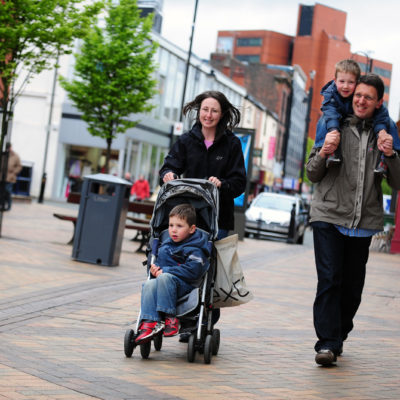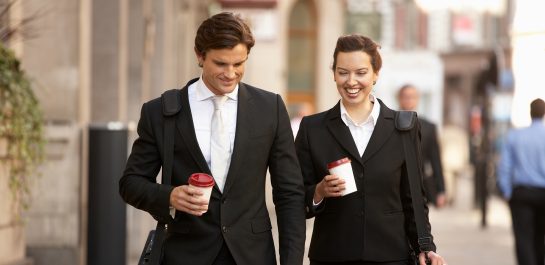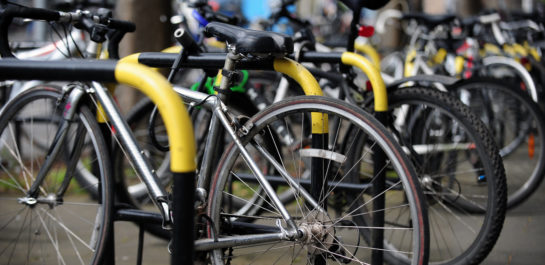Active Travel – walking, wheeling or cycling - for your everyday journeys is a convenient, affordable, and accessible way to incorporate more movement into your day. Plus, even small increases in physical activity can bring significant health, economic, and social advantages, especially for those who are least active. Whether you're walking to school or cycling to work, these activities can easily become a regular part of your routine, even if you have a busy life.
Andrew BayleyActive Travel Advisor
In Blaby District, obesity rates in adults and children are higher than the national average, contributing to the £7.4 billion annual cost of physical inactivity in the UK. On top of that, congestion alone cost the country an estimated £7.9 billion last year, which amounts to roughly £1,300 per driver.
But Active Travel is not just a valuable part of a healthy lifestyle. It also plays a crucial role in transitioning to a net-zero carbon economy, as recognized by our Council. By reducing greenhouse gas emissions and improving air quality, Active Travel is an essential component of our environmental solution. That’s why at Blaby District Council, our goal is to make walking, wheeling, and cycling the preferred choices of transport for short journeys. By 2030, we aim to have 50% of trips in our district made by these active modes of travel.
Health
Did you know that physical inactivity is responsible for 1 in 6 deaths in the UK? It’s a serious problem that also costs the country a staggering £7.4 billion every year.
Incorporating walking or cycling into your daily routine is an effective way to boost physical activity, but it can also have a positive impact on your overall health. Find out more about the health benefits of Active Travel.
Environmental
When we drive our cars, we often overlook the harmful effects we have on the environment. The emissions from petrol and diesel, as well as brake and tyre dust, contribute to various environmental problems. These include greenhouse gas emissions that contribute to global warming and climate change. Additionally, the pollutants released by cars create air pollution, leading to smog, acid rain, respiratory issues, and reduced air quality.
Our dependency on cars also results in urban sprawl, requiring more land for roads and parking lots and reducing green space. The constant noise from car traffic disrupts wildlife and our living environments, while toxins from car exhaust and other sources contaminate our water sources. Furthermore, expanding roads fragments habitats and disrupts local plants and wildlife.
It’s important to acknowledge that transportation, especially cars, greatly contributes to environmental concerns. However, we can make a difference by reducing our reliance on driving.
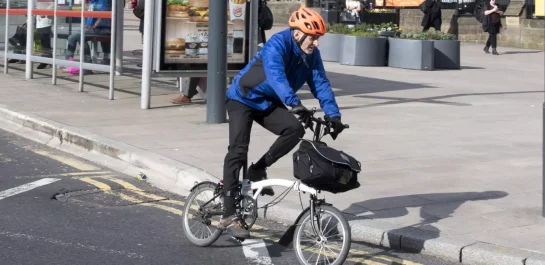
Guide to Cycling to Work
Cycling to work has many benefits, but the first time can be daunting. Cycling UK’s Making cycling easier programme manager James Palser shares tips and advice to help you overcome that initial hesitation.
Follow link to "Guide to Cycling to Work"
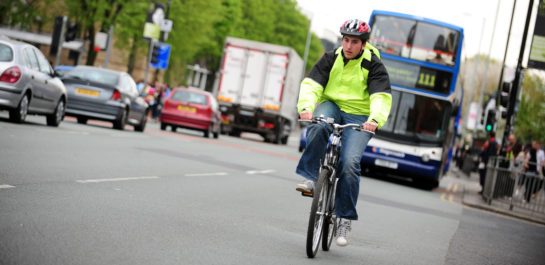
Local Cycling – Choose How You Move
Fun, fast, and free – that’s why we like cycling in Leicester & Leicestershire. Find out how easy it is to make everyday cycling journeys to work, school or the shops. Swap four wheels for two and enjoy the benefits!
Follow link to "Local Cycling – Choose How You Move"

